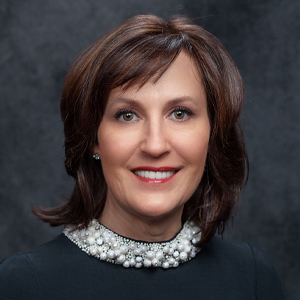
TRENTON, N.J. – Assemblywoman Michele Matsikoudis’ bill easing the mental health practitioner shortage by entering New Jersey into an interstate counseling compact was signed into law Tuesday.
“More people in New Jersey will now be able to more quickly receive the mental health treatment they so desperately need,” Matsikoudis (R-Union) said. “Many patients with depression, substance abuse issues, anxiety and suicidal thoughts struggled to get timely help as the state’s practitioner shortage worsened during the pandemic. I am pleased to see a permanent fix to this growing crisis signed into law.”
The measure (A5311) provides for licensure reciprocity so that licensed counselors can provide services in any member state via telehealth without the need to obtain multiple licenses. Thirty-one states, including New Jersey, are currently members of the compact. Legislation to join the compact is pending in four other states and the nation’s capital.
“Reciprocity programs decrease a regulatory burden on mental health professionals while allowing established patients to have a continuity of care plan if they move out of state, which is especially helpful to military service members and their spouses. It also opens up access to new patients who otherwise may have been limited in their ability to make an appointment with a counselor because of geography,” Matsikoudis said.
Matsikoudis said the counseling compact would build on the success of New Jersey’s temporary licensure reciprocity program that helped provide mental health services to more than 30,000 New Jersey patients during the first year of the pandemic. The state discontinued the emergency program in August 2022.
“The interstate counseling compact removes barriers for professionals and patients to put New Jersey on a path to better mental health,” Matsikoudis said.
According to the National Alliance on Mental Illness, among the 42% of adults in New Jersey reporting symptoms of anxiety or depression, nearly half were unable to get needed counseling or therapy. Among young people ages 12 to 17 who have depression, 61.4% of them did not receive any care in the last year.
